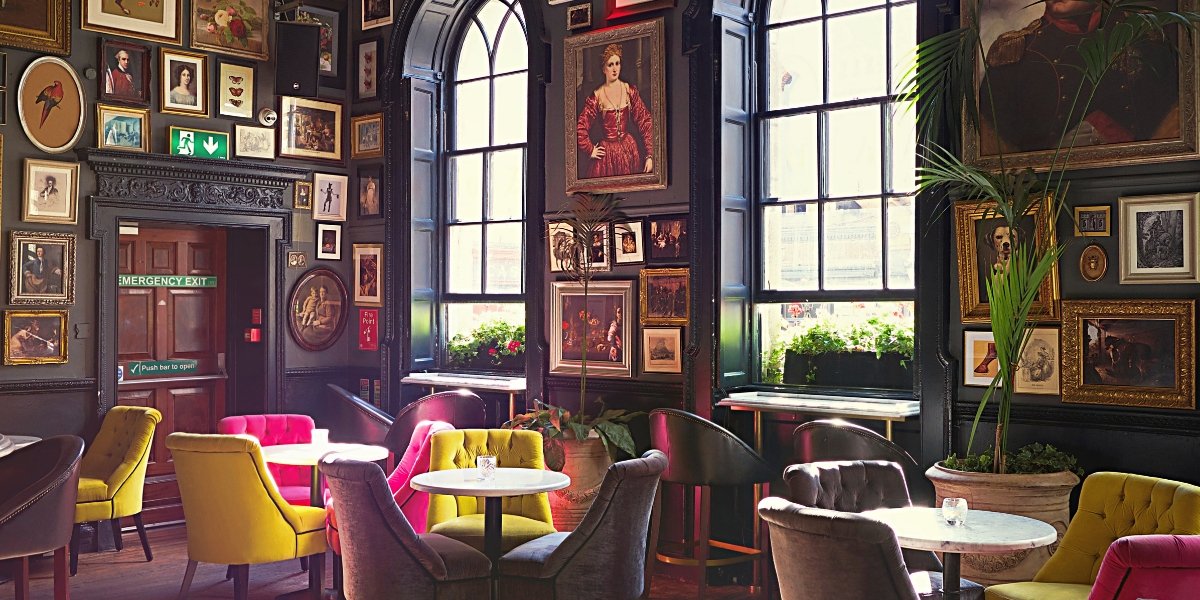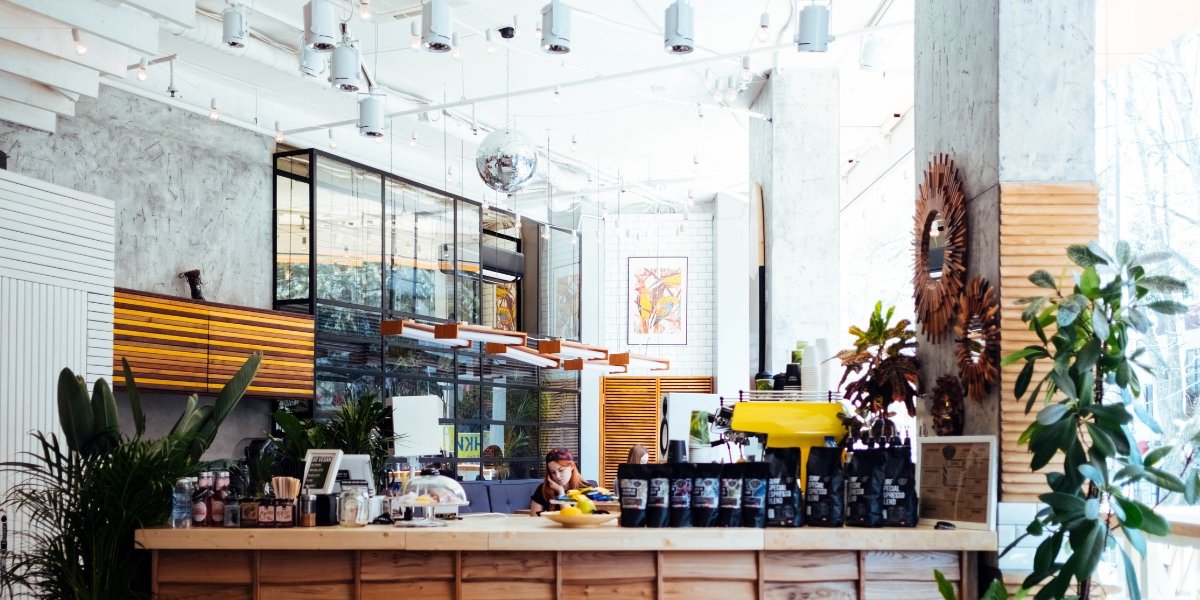-
Locations
Campuses in Europe & Middle EastCampuses in The AmericasCampuses in AsiaLe Cordon Bleu International
- Online Learning
Contact your local representative - Our Story
- Programmes
- Brochures
- News & Events
- Contact
- Find Course

From the type of music playing to the colour of the walls, there's more that makes up the restaurant experience than food and service. Not only will the design of a restaurant affect how the venue is perceived, it can even influence how much customers are willing to order and pay for.
There are a number of ways hospitality managers use restaurant psychology to drive profits.
Music has a large role to play in setting the tone of a restaurant. More than that, studies have shown that it impacts the way we eat. A study by HUI Research found that restaurants playing music aligned with their brand values enjoyed greater sales performance.
Furthermore, the pace of music may influence diners. A paper in the Journal of Consumer Research suggests that restaurants with slow tempo music had higher revenue, due to diners staying longer and ordering more drinks. Famously, Heston Blumenthal has taken the use of auditory factors further with his Sound of the Sea dish, which was served with an MP3 player looping carefully selected ocean sounds to enhance the flavour.

It's common knowledge that certain colours have the power to stimulate appetites. The most popular colour for this is red. Suggested psychological effects of the colour red include increased heart rate and an inclination to eat more. Many restaurants may choose to use red walls, tablecloths or even plates to encourage diners to eat more. Red should be used in moderation as it can overpower the senses.
Menus must be built strategically to ensure diners are able to understand what they are ordering and are not discouraged by the thought of spending money.
For example, many restaurants will list prices without a currency symbol to divorce the price of food from the action of spending money. They might also design menus to highlight more expensive dishes, driving their most famous offerings while making other low-cost, high-profit dishes seem more affordable.
All hospitality managers need creativity and business smarts to grow a successful business.
Copyright © 2026 Le Cordon Bleu International B.V. All Rights Reserved.